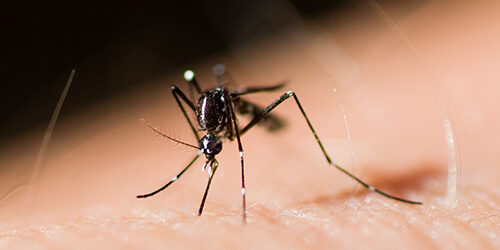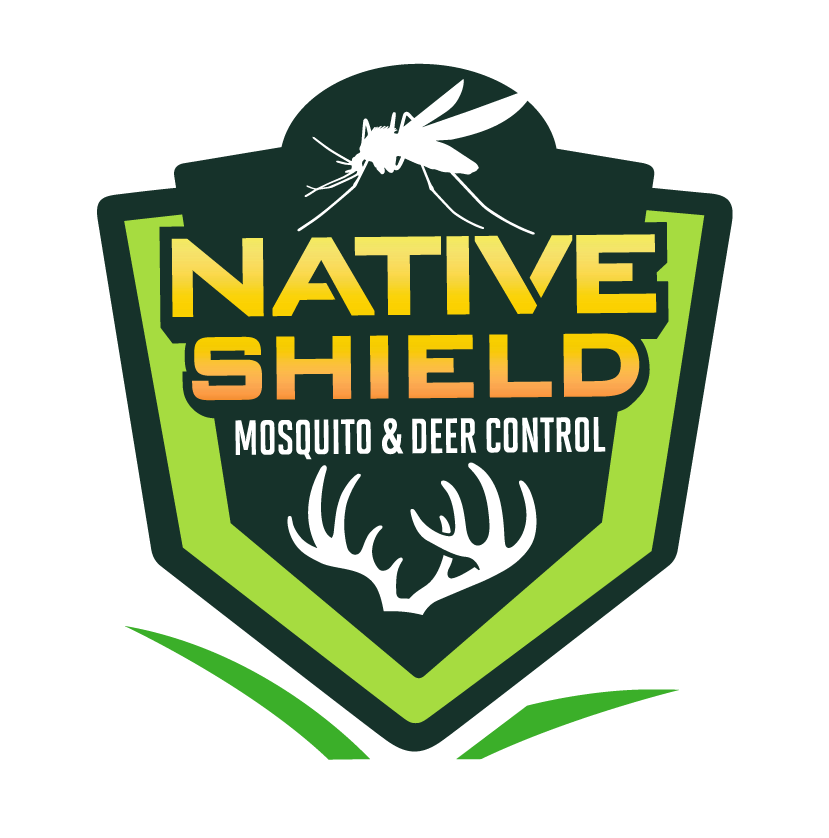What Is The Zika Virus?

With mosquito season around the corner, now’s the perfect time to take a look at one of the most notable mosquito-borne outbreaks in the past decade: the Zika virus.
It’s a disease primarily transmitted through mosquito bites. Once infected, you might experience symptoms such as rashes, joint pain, and conjunctivitis. Patients should be at ease knowing that the disease is only fatal in extreme situations, though—most won’t even need to go to the hospital.
Rather than death or discomfort, the more pressing issue with the Zika virus is how it can affect pregnancy. Those born from infected mothers are at significant risk of microcephaly—a congenital disease characterized by abnormally small head growth and poor subsequent brain development.
History of the Zika Virus
The Zika virus was first discovered among Ugandan monkeys in 1947. The first human infection recorded was in 1952. Meanwhile, the first Zika virus outbreak occurred in 2007 on Yap, an island in the Pacific Ocean.
It wasn’t until 2015, almost a decade later, when the virus reached the shores of the U.S. During the first year, there were only around 60 infected cases recorded in the country. In 2016, the infections spiked upward of 5,000, making it an official pandemic.
Health and government officials around the world worked closely to flatten the curve. After a few months, the Zika virus was no longer a threat, and people resumed their daily lives.
In 2019, the number of Zika infections dropped exponentially to a meager 20 cases.
Symptoms of the Zika Virus
In most cases, symptoms of the Zika virus are mild. It dissipates in about two to seven days.
If the symptoms do not clear up in that timeframe, you will need to see a specialist.
Zika virus symptoms include:
- itching
- rashes
- headaches
- high fever
- conjunctivitis (red eyes)
- eye pain
- lower back pain
- joint pain
- muscle pain
**Note that there are cases where the infected person is entirely asymptomatic.
Is the Zika Virus Curable?
There is no specific cure or vaccine for the Zika virus, but it’s a generally mild disease, and most cases aren’t fatal.
Treatments primarily consist of bed rest and antibiotics to alleviate the symptoms of the virus. Complications only arise if the patient is pregnant, or has a weak immune system, pre-existing health conditions, and anything that might aggravate the symptoms.
What Can You Do to Combat the Zika Virus?
The best (and only) vaccine for the Zika virus is prevention.
Reduce your risk of contracting the disease by:
- Wearing Loose, Long Clothing: Apart from the increased mosquito activity, another reason people are prone to mosquito-borne diseases in the summer is the exposure of skin. Protect yourself; go for loose, baggy clothes that cover your limbs, especially at night.
- Planning Travels Ahead: Summer might be a great season for various outdoor activities, but be careful. You’re literally exposing yourself to infected mosquitoes when you go hiking, camping, and trekking. Plan your activities and, if possible, only visit areas with limited mosquito activity.
You can also treat your home. Get the experts at Native Shield for a complete mosquito-repelling treatment of your home. We use all-natural, pet-safe, and children-safe options.
